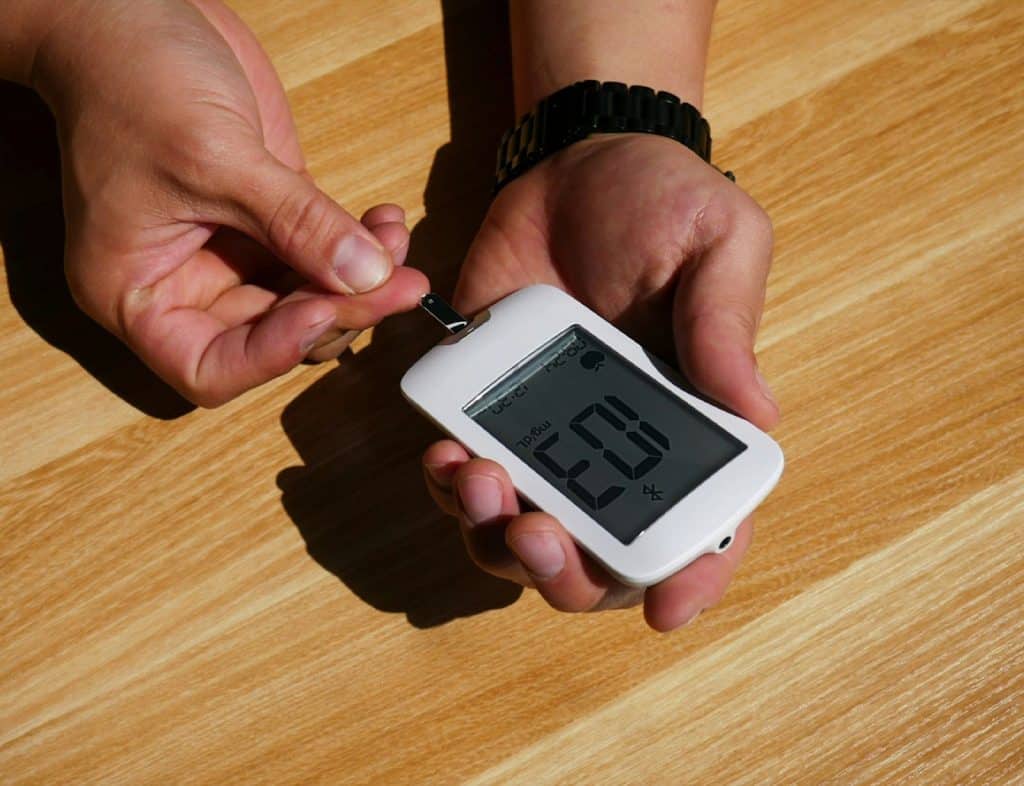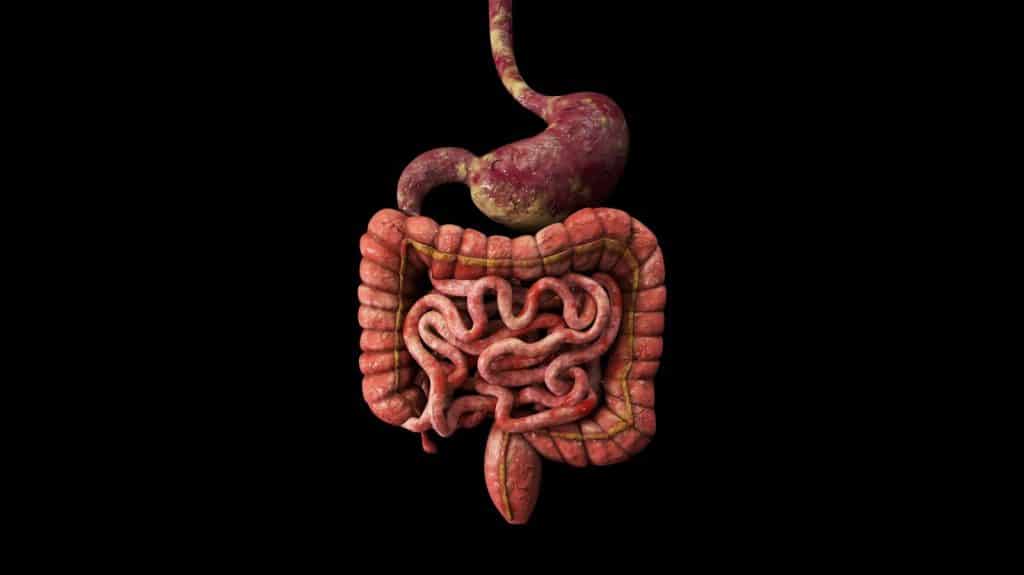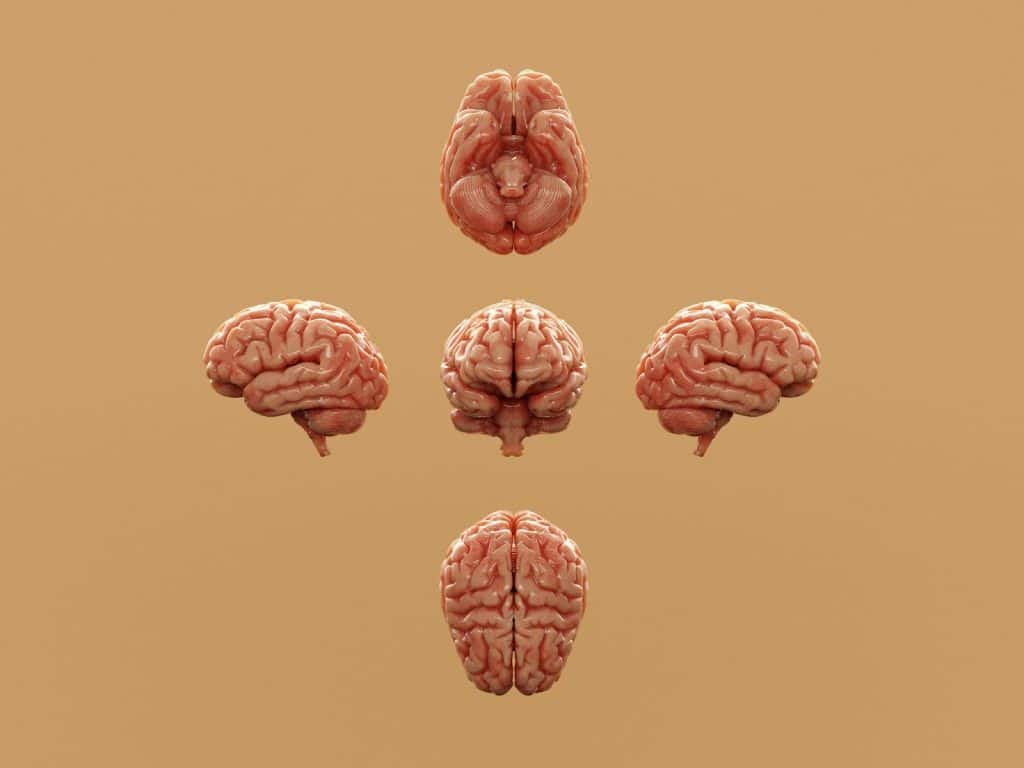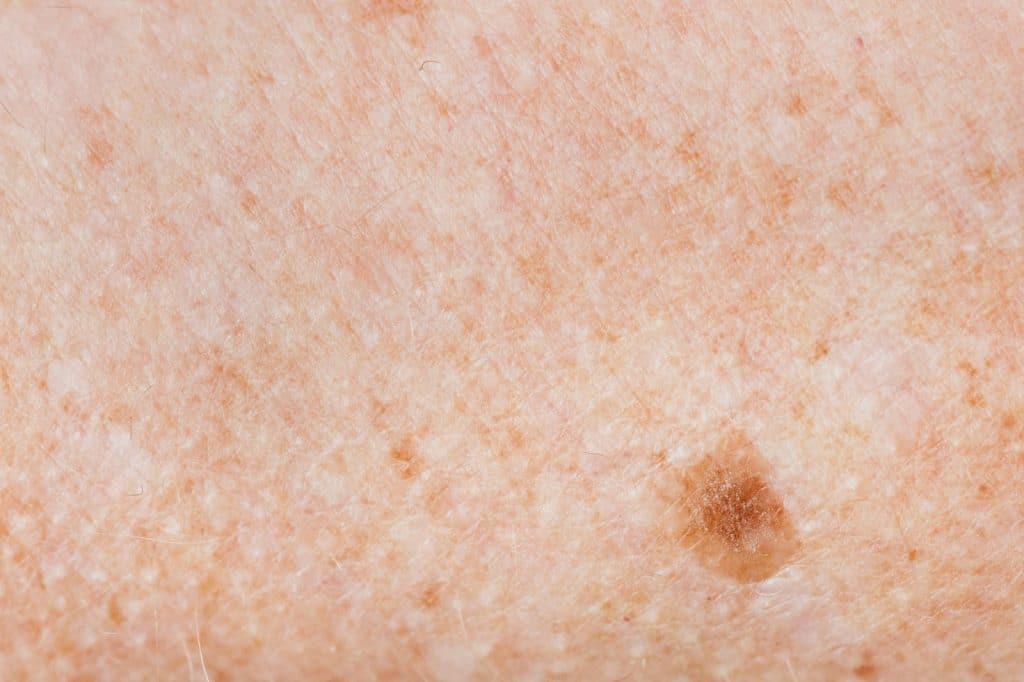
When most people think about alcohol’s effects, the liver is the first thing that comes to mind. But alcohol impacts much more than just that one organ. For men especially, regular drinking can quietly affect the brain, hormones, muscles, sleep, and even skin. Some effects are subtle, while others build over time and show up in unexpected ways. This article explores the overlooked ways alcohol influences men’s overall health, and why moderation matters more than ever.
Slower Brain Processing

Even moderate alcohol use can interfere with cognitive function. Men may notice slower reaction times, difficulty focusing, or forgetfulness that creeps in over time. It’s not just about being drunk, it’s about the brain adapting to regular alcohol exposure. Over years, this can dull mental sharpness and decision-making. The changes may be small at first, but they add up.
Reduced Testosterone Levels

Alcohol disrupts hormone production. In men, this often shows up as lower testosterone. That can lead to reduced muscle mass, lower energy, and even decreased libido. The more frequently alcohol is consumed, the more likely these hormonal shifts occur. And unlike a hangover, they don’t go away the next day.
Increased Cortisol (Stress Hormone)

Drinking may feel like stress relief, but it actually spikes cortisol levels in the long run. That hormone is linked to anxiety, weight gain, and poor sleep. Men who drink to unwind may be feeding a cycle that increases stress over time. What starts as a coping tool often turns into a stress amplifier.
Weakened Immune System

Alcohol suppresses immune response, even after just a few drinks. Men who drink regularly may notice they get sick more often or take longer to recover. It becomes harder for the body to fight off infections. Over time, the immune system loses efficiency, especially if sleep and nutrition are also compromised.
Slower Injury Recovery

Alcohol interferes with muscle repair and healing. Whether recovering from a tough workout or a minor injury, healing is noticeably slower. That’s because alcohol affects protein synthesis and inflammation levels in the body. For active men, this means performance plateaus, or even regresses.
Elevated Blood Pressure

Even one night of binge drinking can cause blood pressure to spike. Over time, those spikes can turn into chronic hypertension. Men often don’t feel the symptoms until damage is already underway. The risk increases with age, and with every extra drink.
Irregular Heart Rhythms

Alcohol can trigger arrhythmias, or abnormal heart rhythms. Some men may feel a fluttering or racing heartbeat after drinking. This condition, sometimes called “holiday heart syndrome,” can happen even in otherwise healthy people. When alcohol becomes a habit, the heart can’t maintain a normal rhythm easily.
Blood Sugar Swings

Alcohol causes both dips and spikes in blood sugar. It messes with insulin regulation and appetite control. Men may notice sugar cravings after drinking, or unexpected fatigue. Long-term, it can increase the risk of insulin resistance and type 2 diabetes, especially when combined with a poor diet.
Digestive Inflammation

Alcohol irritates the stomach lining and digestive tract. Men who drink often may feel bloated, gassy, or develop acid reflux. Inflammation builds silently and can lead to more serious gut issues. And because gut health connects to everything from mood to immunity, this effect ripples outward.
Higher Risk of Depression

Alcohol is a depressant, it slows the nervous system. While it may feel relaxing in the moment, it often worsens mood over time. Men are more likely to mask emotional struggles with alcohol. But the escape tends to deepen the lows, especially the day after drinking.
Disrupted Sleep Patterns

Alcohol changes the architecture of sleep. It prevents deep restorative sleep, even if you fall asleep faster. Men who drink may wake up more often, snore louder, or feel groggy in the morning. Over time, this sleep disruption affects memory, mood, and metabolism.
Shrinking Gray Matter

Chronic alcohol use is linked to brain shrinkage, especially in regions tied to memory and decision-making. It’s not just heavy drinkers, studies show even moderate consumption can have an impact. Men may experience more “brain fog” or trouble concentrating as a result.
Higher Risk of Anxiety

The cycle of drinking and withdrawal can increase baseline anxiety. Some men drink to ease social stress or overthinking, but the rebound effect is heightened nerves the next day. Over time, the nervous system becomes less resilient. That anxious edge becomes harder to shake.
Erectile Dysfunction

Alcohol lowers blood flow and dulls nerve sensitivity. For many men, regular drinking is linked to performance issues in the bedroom. It also blunts desire over time. These effects can be temporary at first, but prolonged use makes them more consistent.
Dull or Puffy Skin

Alcohol dehydrates the skin and slows circulation. Men who drink often may notice a dull, grayish tone or increased puffiness in the face. Breakouts or redness also become more common. It’s one of the more visible signs of internal wear.
Reduced Fertility

Alcohol affects sperm quality and count. Men trying to conceive may unknowingly reduce their chances with regular drinking. It alters hormone levels and impairs sperm movement. While some of this may be reversible, it often takes months to recover.
Diminished Taste and Smell

Heavy drinking can reduce sensitivity to taste and smell. It damages nerve endings involved in sensory processing. Men may find food less enjoyable, which can affect appetite and nutrition. That subtle dulling can creep in unnoticed but changes everyday experiences.
Increased Cancer Risk

Alcohol is a known carcinogen. It’s been linked to higher rates of cancers in the mouth, throat, esophagus, colon, and more. For men who smoke or eat poorly, the combined risk grows even faster. These effects aren’t immediate, but they’re quietly building.
Conclusion: The Bigger Picture

Alcohol’s impact isn’t limited to hangovers or liver damage. For men, it touches nearly every part of physical and emotional health, often without clear warning signs. Understanding these lesser-known effects can help shift drinking from automatic habit to intentional choice. Moderation doesn’t just protect the liver, it helps safeguard the rest of you, too.






Ask Me Anything